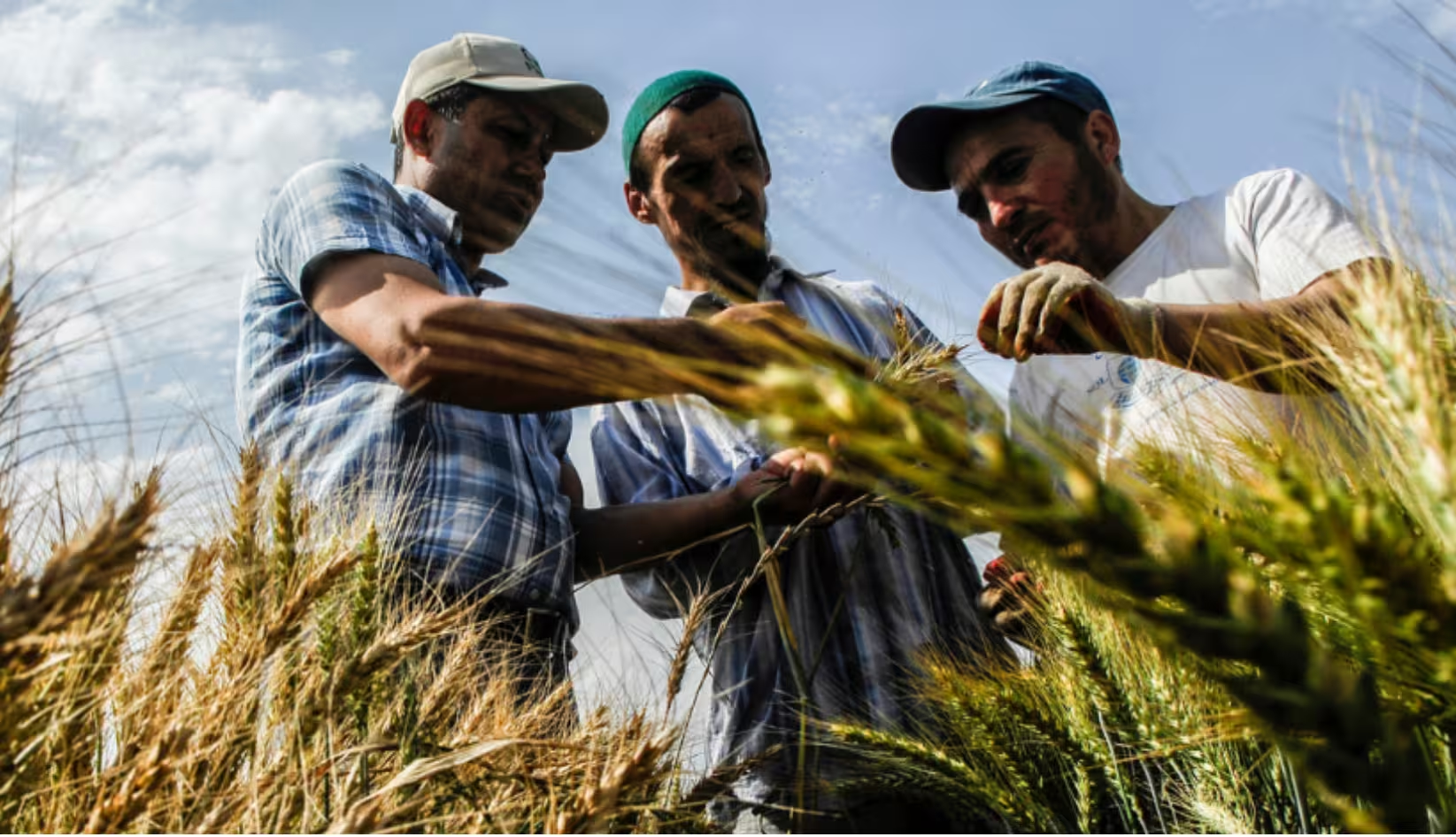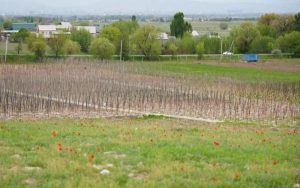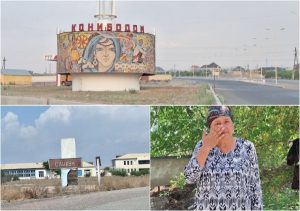In its ongoing efforts to bolster Tajikistan’s agricultural sector, the Food and Agriculture Organization of the United Nations (FAO) has successfully concluded a project aimed at enhancing cooperative development and strengthening rural institutions under the national Agrarian Reform Programme. The initiative has made strides in improving the operational environment of cooperatives while building the capacity of national authorities to support these institutions’ growth.

The project focused on four agricultural cooperatives, providing them with essential resources to improve their operations. FAO’s support included the provision of office equipment and the acquisition of critical agricultural machinery for the Nuri Shahriston Farmers’ Cooperative. Among the items transferred were two two-wheel tractors, a potato harvester, and various related tools. These additions will not only enhance the cooperative’s productivity but will also benefit the local community by improving access to essential agricultural equipment.
“FAO remains committed to providing continued technical assistance to ensure the sustainability and growth of cooperatives, contributing to Tajikistan’s agricultural development and food security,” said Aghasi Harutyunyan, FAO Representative a.i. in Tajikistan. “We are working closely with local partners to strengthen the capacity of cooperatives to better serve smallholder farmers and drive rural development.”
FAO’s support aligns with Tajikistan’s “Agricultural Reform Programme,” which has been pivotal in the establishment of cooperatives such as Nuri Shahriston. Through these efforts, FAO is enabling cooperatives to tackle challenges like improving farm productivity, enhancing access to machinery, and facilitating market entry—ultimately fostering long-term growth and stability in Tajikistan’s agricultural sector and rural economy.
In March 2024, the project, in collaboration with the Ministry of Agriculture, organized the First National Cooperatives Forum. The forum brought together local stakeholders and cooperatives to discuss challenges, share experiences, and explore development opportunities. The forum also featured insights from cooperatives in other countries, promoting cross-border learning. A Final Statement was issued, underscoring the need for an enabling environment to foster the development and promotion of cooperatives.
A key component of the project involved assisting the Ministry of Agriculture in revising Tajikistan’s Law on Cooperatives. FAO facilitated a thorough review of the current legal framework, proposing amendments aimed at enhancing the efficiency and sustainability of cooperatives. The proposed changes are currently under review by the government, and it is hoped that the updated law will better support cooperative operations.
The project also offered specialized training in horticulture and potato production, equipping cooperative members with essential skills for implementing sustainable agricultural practices. Additionally, an accounting system was established, and training was provided to enhance the financial management capabilities of the cooperatives. Each cooperative received tailored development recommendations, including action plans and cost-benefit analyses, followed by marketing and financial planning workshops.
Looking ahead, the United Nations has declared 2025 the International Year of Cooperatives under the theme “Cooperatives Build a Better World.” Globally, cooperatives play a critical role in combating hunger and malnutrition, strengthening governance, and fostering public-private partnerships. In Tajikistan, FAO’s continued support will be instrumental in ensuring that cooperatives remain a vital component of the country’s agricultural and rural development strategy.




